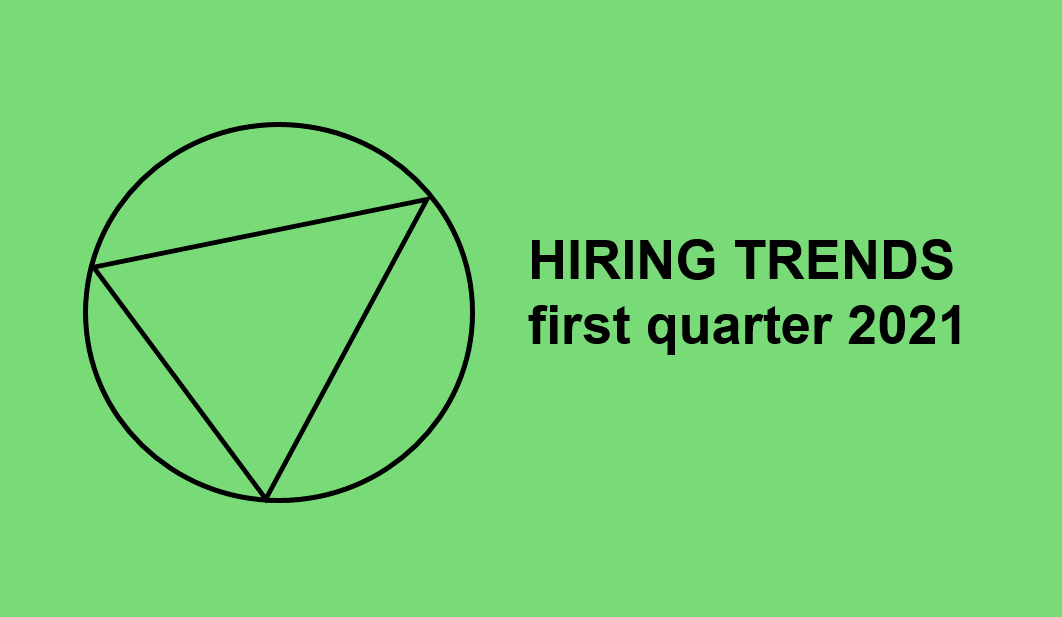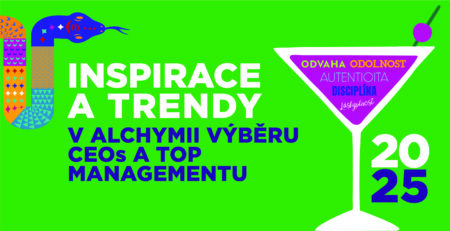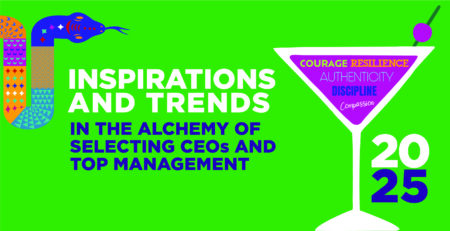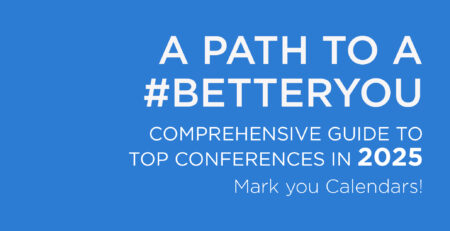Q1 2021 in Executive recruiting by Anderson Willinger
The uncertainty of March and April last year reflected the decline in actual recruitment at the end of 2020.
The current decline of 33% in the first quarter compared to previous years, which is usually one of the strongest, corresponds to this.
The appetite for change or recruitment of new leaders is usually reflected in actual recruitment after 6 months. And as companies are now increasing their appetite for growth again, Anderson Willinger, executive search experts, expect recruitment of the top roles to rise again, as evidenced by March, which has stabilized again.
After years when corporate players had the main position in recruiting new directors, the trend is now turning to smaller companies or companies with local ownership. They have the ambition to reach the main ranks of influence and maximize their growth, both within the Czech Republic and abroad.
Large corporations are now rather dampening external recruitment and considering making maximum use of their own resources. This can be a disadvantage for a few months to years for new projects, where the corporation will compete in a much more predatory environment in the future. On the other hand, the Czech Republic is increasingly recruiting external managers than other countries in Central and Eastern Europe. IT represents 56% in the Czech Republic, 40% in Poland and even less than 30% in Austria.
It should also be added that the number of free managers is growing, thanks to a number of mergers of large corporations, and this trend will increase over a period of 2 to 3 years. However, expectations for the performance and functioning of managers in smaller or privately owned companies are fundamentally different than what corporate leaders were used to. Therefore, it may be difficult for many of them to adapt to the new conditions.
The main factor of change is that after many years, the belief that the world of the leader and the world of man are separate is changing.
Anderson Willinger, executive search experts, perceive the change of this paradigm as one of the positive but painful changes. It is the physical world, being at home and at work at the same time, that has changed the way we look at others. We are not surprised by a barking dog, a crying child, but we are surprised if a person on the other side acts as if he were still in the corporation.
For example, by not being able to explain one’s opinion clearly and concisely. Or not being flexible with the changes dealing with or thinking that experience is already sufficient for the world’s future needs. The psychological pressure for positive and proactive behaviour is becoming enormous and will force managers to not only further develop their managerial skills, but above all to focus on understanding themselves.
This is also combined with the question that more and more companies are asking a question: “Do we recruit people because they have experience or because they have the right character?”
Most people will certainly agree that character is what we should be interested in. On the other hand, the pandemic also accelerated the shortening of managers’ lives (the life of a manager in a role has decreased from 4.5 to 3.6 years in the last 5 years) due to mutual misunderstandings and expectations.
According to Anderson Willinger, executive search experts, the virtual world proves to us on the one hand that we can be much more efficient, on the other hand it shows that it is the return to the essence of who we are as people and how we deal with situations with regard to current needs and not how we have done them in the past, which is critical.



